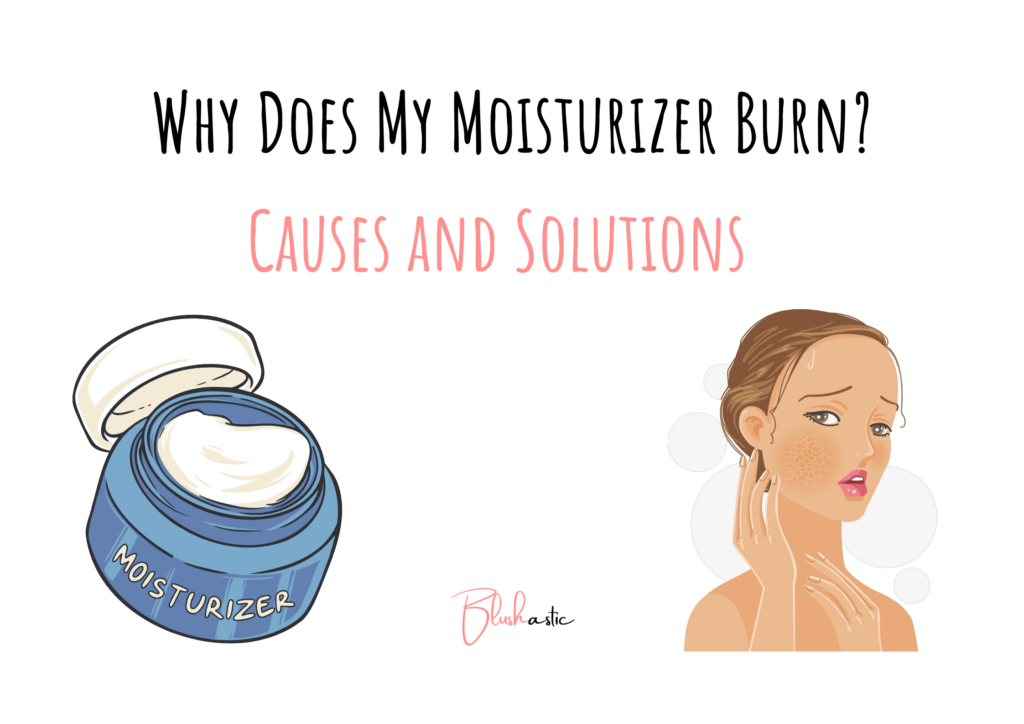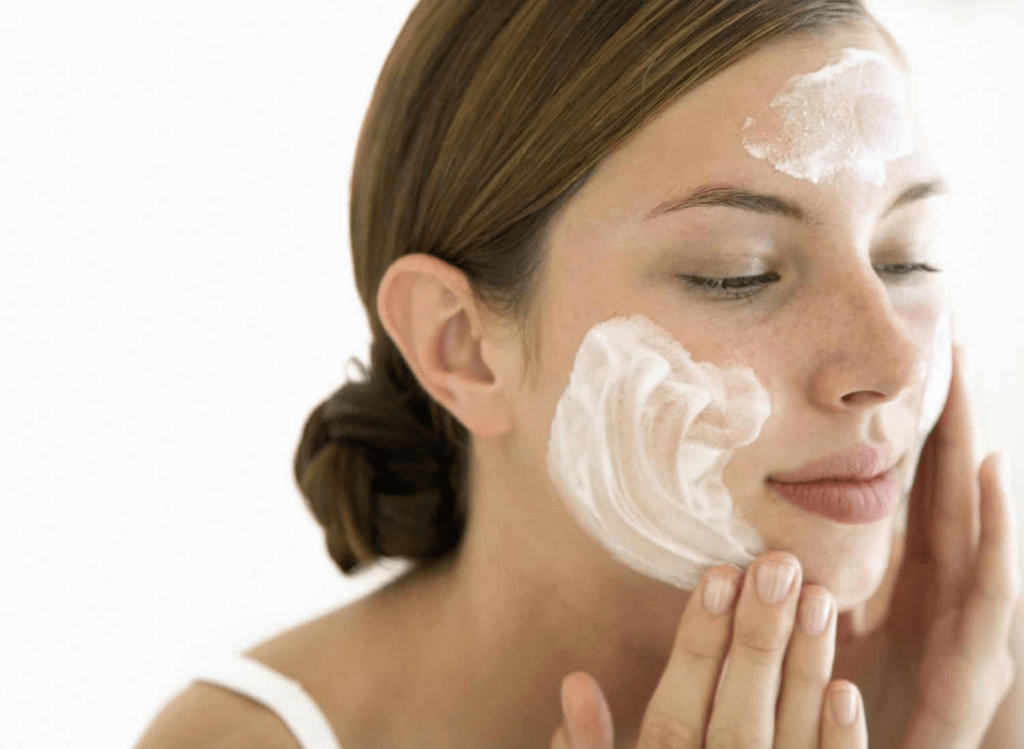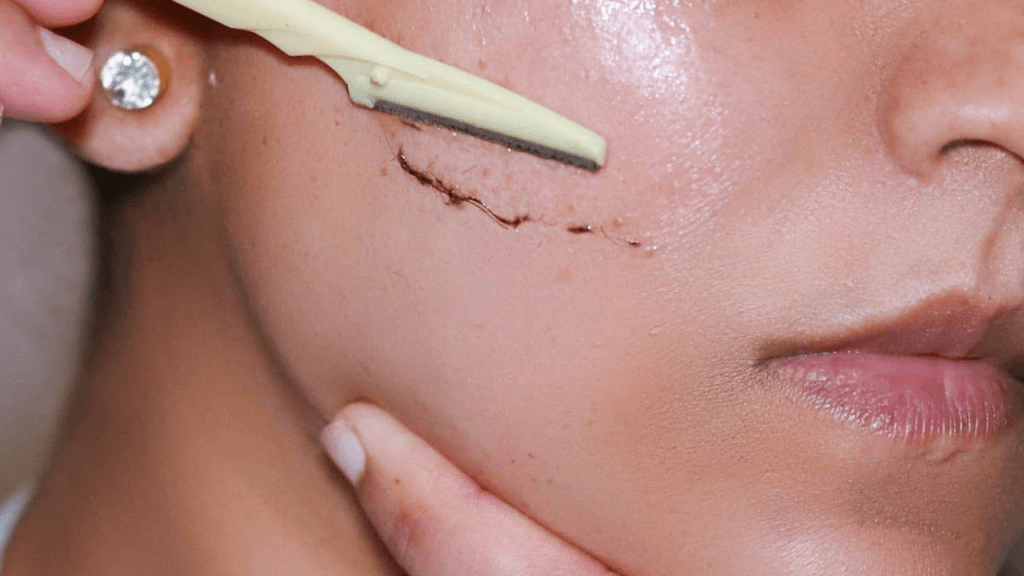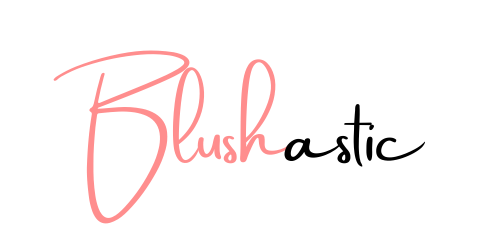Have you been asking, ‘Why does my moisturizer burn?’ in your favorite beauty influencer’s comments section, hoping to find out what’s causing it and how to fix it? If you answered yes, you’ve come to the right place because this article is all about it. Moisturizers are supposed to be hydrating and soothing, so if yours is doing the opposite and leading to burns and irritation, it’s time to put on your nerdy glasses and investigate.

Is it possible that you chose the wrong moisturizer or that something is wrong with your skin? What are you doing incorrectly that is causing the stinging sensation? I’m sure you have many more questions, so buckle up to discover possible reasons why your moisturizer is causing burning, effective solutions to deal with it, and additional tips and tricks to reap the most benefits from your moisturizer.
Contents
Why Does My Moisturizer Burn? | Know the Reasons!
A moisturizer is a skincare product that hydrates the skin, making it smooth, soft, and radiant. It is available in creams, lotions, gels, and balms with varying consistencies, ingredients, and benefits. Generally, they are made up of occlusives (which form a protective seal), humectants (which retain water), emollients (which smooth the skin), and barrier-repairing ingredients. Moisturizers work in two ways: they trap moisture in your skin by forming a protective seal or restore moisture to the skin’s outermost layer.

Moisturizers should be included in everyone’s skincare routine, regardless of age, gender, skin type, or concerns. There are numerous moisturizers on the market that are tailored to your specific needs. Using a moisturizer at least twice a day will help prevent dryness, soothe irritation, slow the signs of aging, fight acne, and protect against the sun.
Although they primarily increase hydration, moisturizers with skincare actives are also available. A moisturizer containing Niacinamide, for example, can help brighten your skin; one containing anti-aging ingredients can treat wrinkles and fine lines; and one containing salicylic acid may help reduce acne.
Why Does My Moisturizer Burn? | The Possible Reasons
Compromised Skin Barrier
Our skin has layers, the topmost of which is called the epidermis, where your skin barrier is located. This layer comprises numerous cells and lipids that protect your skin from environmental aggressors, bacteria, and physical damage while keeping it healthy.
This barrier is quite fragile and is prone to breaking, resulting in dryness, sensitivity, itching, burning, and redness. So, if your moisturizer has been giving you problems, it’s likely that your skin barrier has been compromised and needs to be revived.

Solutions
- Avoid harsh cleansers, exfoliants, and acids for at least two weeks.
- Use only gentle products.
- Reduce the frequency of skin cleansing.
- Apply a thick and rich moisturizer, preferably one containing skin barrier-repairing and soothing ingredients such as Ceramides, Hyaluronic Acid, Panthenol, etc.
- Try slugging (slathering your face with an occlusive, such as petroleum jelly) as the last step of your skincare routine.
Excessive Exfoliation
Exfoliation has recently become popular, with everyone attempting to reap as many benefits as possible. However, they frequently overlook that both physical (consisting of gritty materials) and chemical exfoliants (such as Salicylic Acid and Glycolic Acid) are potent and can cause more harm than good if overused or incorrectly used.
Exfoliants used in excess can damage your skin’s barrier, resulting in symptoms such as peeling, burning, and itchiness. So, if you’ve been experimenting with exfoliation, you might notice that your moisturizer causes burning when you apply it.

Solutions
- Exfoliate once every 10-15 days.
- Avoid physical exfoliators (products with beads, shells, and other gritty materials).
- If your skin is irritated, cease exfoliation until it shows improvement.
- Use barrier-repairing and skin-soothing products to promote healing.
- Avoid using high percentages of exfoliants, especially if you’re a beginner, have sensitive skin, or are a person of color.
Wrong Moisturizer
Using a moisturizer unfit for your skin type, needs, and concerns can also contribute to irritation symptoms such as burning. Furthermore, selecting reputable brands and formulations is critical to ensure you get the most out of your moisturizer.
If you have sensitive or acne-prone skin and use a moisturizer that contains harsh chemicals or strong fragrances, you are more likely to experience irritation. Similarly, your skin may be allergic to one or more ingredients in a product, resulting in side effects. Hence, it is critical to choose a moisturizer carefully to avoid any adverse reactions.

Solutions
- Before selecting a moisturizer, consider your skin type, concerns, allergies, and goals.
- Determine the type of formulation you desire. People with dry skin should use thick moisturizers, while those with oily skin should use something lighter, such as gels.
- Choose clean formulations free of alcohol, essential oils, fragrances, dyes, and other chemicals.
Stripping Cleansers
If your moisturizer is causing stinging sensations, you might want to grab your cleanser and read the ingredients list. If it contains harsh surfactants and chemical exfoliants, it will likely strip your skin of its natural moisture, resulting in dryness, flakiness, and irritation.
The dryness caused by this effect may cause moisturizers to burn on your skin. Dampness could also be a contributing factor to this burn. People are advised to apply moisturizers to damp skin for better absorption and efficacy; however, if your moisturizer is causing irritation, try using it on dry skin.

Solutions
- Choose hydrating and soothing cleansers such as Hyaluronic Acid, Allantoin, Panthenol, and Glycerin.
- If you use a facewash containing chemical exfoliants, ensure their percentage is low.
- After cleansing, allow your skin to dry for a few minutes (preferably 30 minutes if your moisturizer causes burning sensations).
Retinol and Shaving
If you notice your moisturizer has started burning soon after incorporating Retinol or shaving into your beauty routine, they could be connected. Retinol is a potent ingredient linked to purging, breakouts, dryness, and peeling. You will notice irritation if your moisturizer is incompatible with Retinol.
Shaving is a form of exfoliation that removes dead skin cells from the skin’s top layer. It causes skin sensitivity by causing friction, nicks, and cuts. Applying a moisturizer on freshly shaved skin, especially one containing potent ingredients, may result in a burning sensation.

Solutions
- If you are a beginner, start with a low percentage of Retinol.
- Use moisturizers containing ceramides and fatty acids.
- While shaving, use an adequate amount of lubricant to avoid friction, irritation, and cuts.
Frequently Asked Questions | Why Does My Moisturizer Burn?
Why is my moisturizer burning my face all of a sudden?
If your moisturizer has suddenly begun to burn, your skin has most likely become sensitive due to a broken skin barrier. It’s also a good idea to check the expiration date on your moisturizer and discard it if it’s past its expiration date.

Should I stop using moisturizer if it burns?
If your moisturizer burns, you can wash it off and stop using it. Determine the source of the burn and work to resolve it. You can re-use the moisturizer after a few days, but if the burning sensation persists, you should replace it.
How should skin feel after moisturizing?
Moisturizers feel hydrating, soothing, and smooth on the skin. Some moisturizers may feel slightly cold, but they should not be uncomfortable. If your moisturizer irritates, mainly burning, wash it off immediately and seek medical attention if necessary.
Concluding Thoughts
Moisturizers are highly beneficial for keeping your skin hydrated and healthy. They are made to be calming, so if yours is causing burns, you should investigate the underlying cause as soon as possible. We’ve compiled a list of the most common reasons to help you answer the question, ‘Why does my moisturizer burn?’. We hope it is helpful to you. However, if the burning persists and you cannot determine the cause, seeking medical attention to treat it effectively is best.
Marilyn’s deep interest in fashion, beauty, and lifestyle has led her to pursue a fulfilling career as a freelance writer and blogger. With her bachelor’s degree in fashion design from the Fashion Institute of Technology, she has developed a keen eye for style and trends, making her well-equipped to offer valuable insights into the latest fashion and beauty trends.
